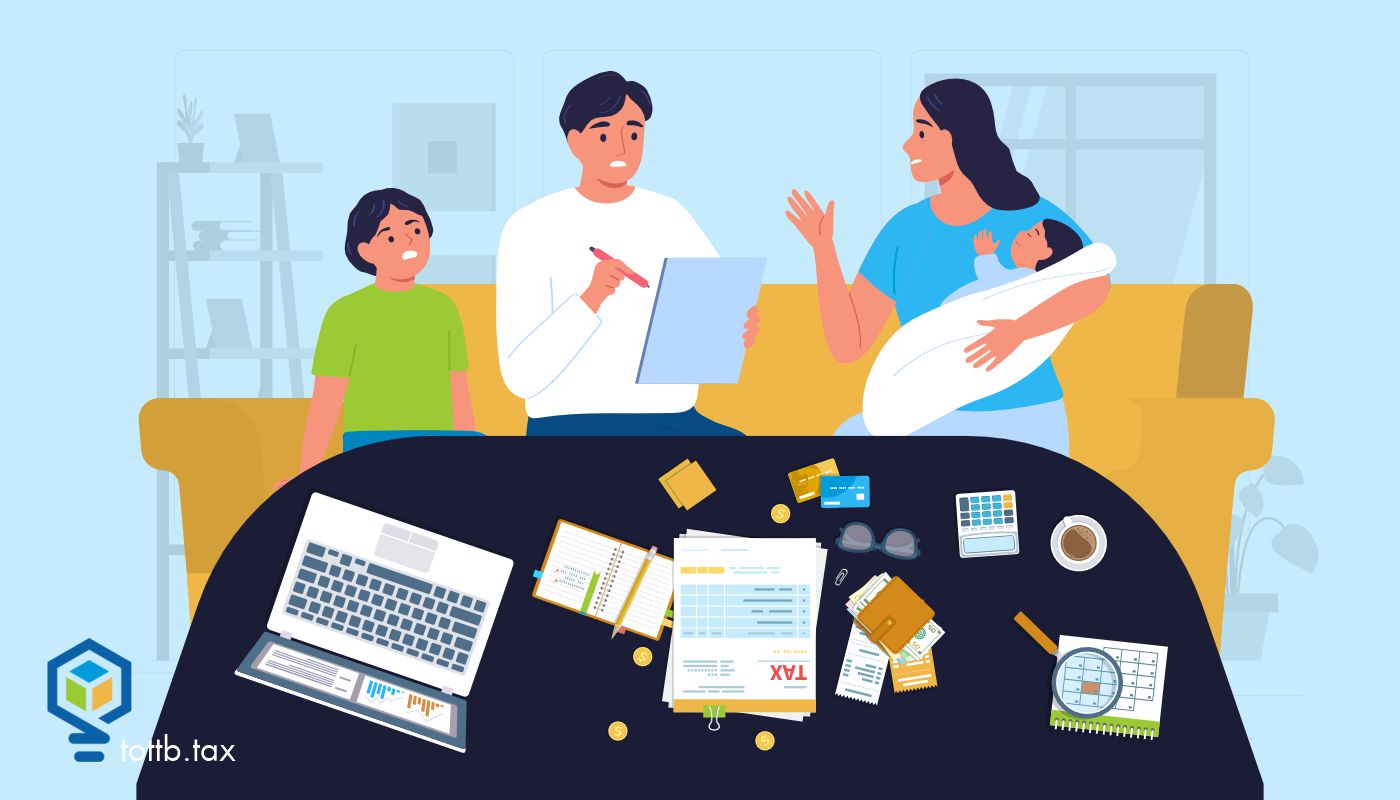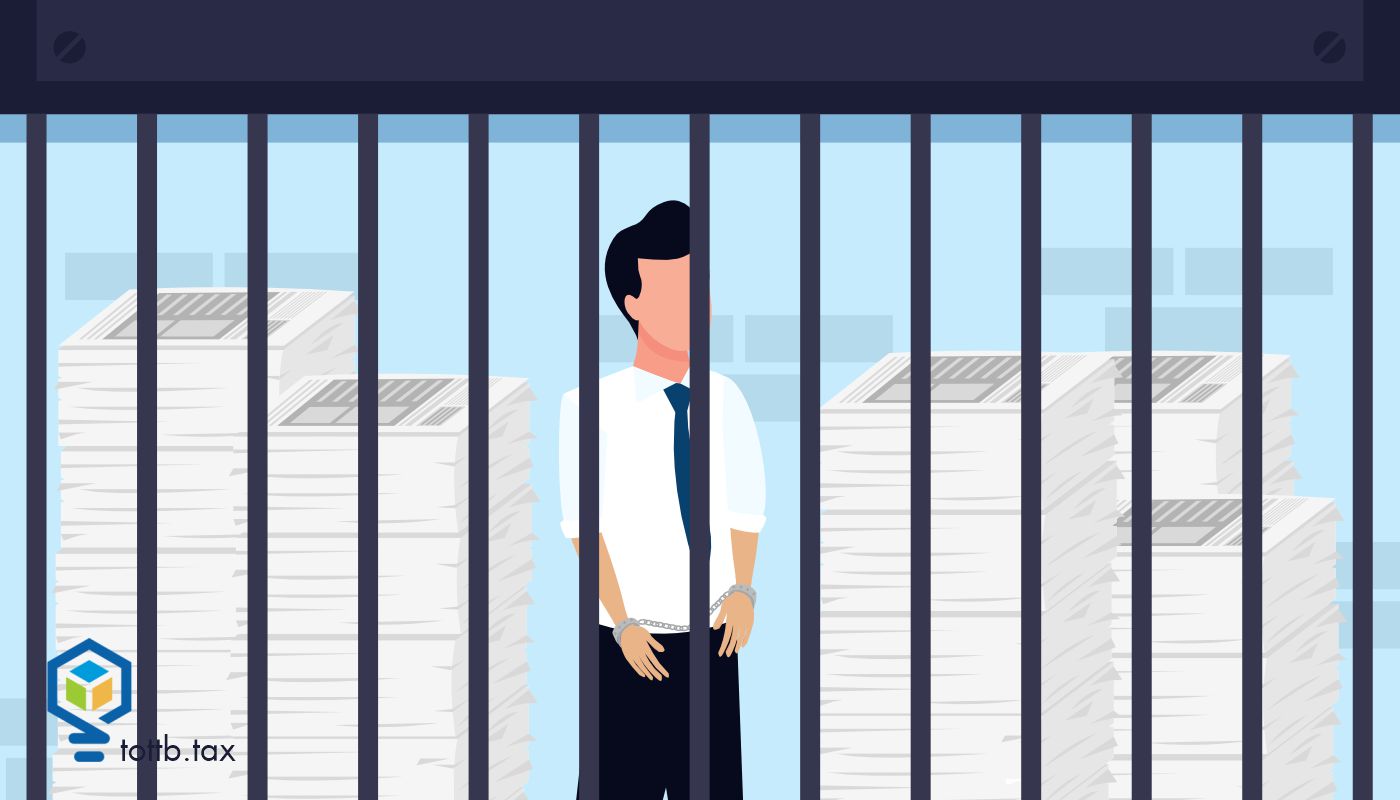John Anthony Castro is a colorful character. He entered several Republican primaries seeking the Presidential slot after failing to win the primary for a Senate seat representing Texas. He sued to have our once and future President Donald Trump be removed from the ballot on Fourteenth Amendment Section 3 grounds. As we can easily infer, those suits went nowhere. But more than anything, John Anthony Castro was a tax guy with a virtual practice with locations in four cities. Not anymore. Now he is resident in a Bureau of Prisons facility – the Federal Medical Center Fort Worth. On October 30, 2024, Judge Terry Means sentenced Castro to 188 months in prison, followed by one year of supervised release and restitution of $277,243, following his conviction on 33 counts of “Aiding and Assisting in the Preparation and Presentation of a False and Fraudulent Return." Does the sad story of John Anthony Castro hold any lessons for us? Perhaps.

Tax Tips for Families Affected by Disability: What More People Should Know
There are a few tax tips for people with disabilities that I think are not as well-known as they should be. They can also be applicable to their parents or others who care about them. This is not meant to be a comprehensive treatment of all aspects of how taxation and disability interact. Rather it is to alert you to some things I think should be more widely known. One thing to keep in mind is that some of the parents and grandparents of disabled adults don’t necessarily share this part of their personal life, so you may be surprised at how this information might be valuable and appreciated by some of your clients.






